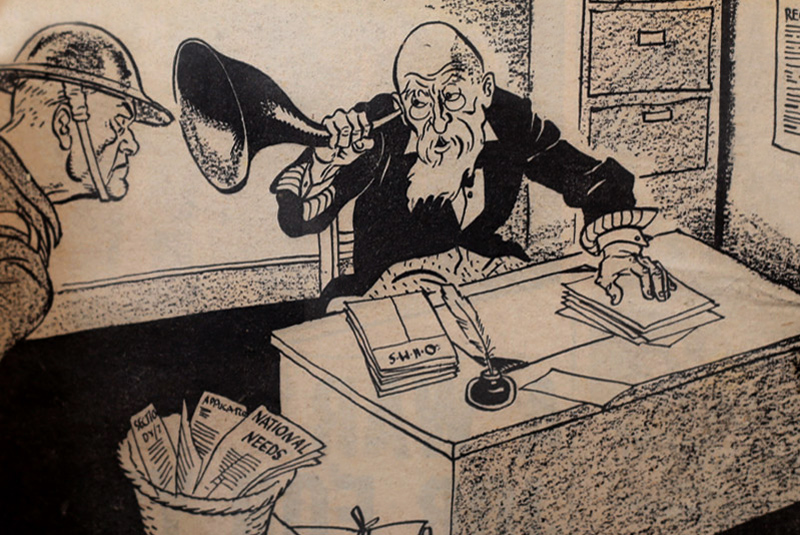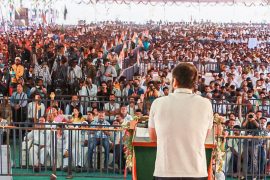Shinzo Abe, who recently resigned as Prime Minister of Japan for the second time, held anachronistic political views that, at the beginning of his tenure, were seen to be out of step with national sentiment, but no necessary impediment for a successful term as leader. To be sure the goal of revising the ‘peace clause’ of the Japanese constitution and remilitarizing Japan has been a fervent goal of conservative politicians almost since the end of WWII. But for Abe it took on a very personal meaning.
Abe had dedicated his political life to completing the political project of his maternal grandfather and hero, Nobusuke Kiishi, who had been part of the wartime militarist government and eventually Prime Minister in the 1960s, and who had struggled valiantly to remilitarize Japan and emancipate it from what he saw as a wrongful view of its own culpability in the war. However, Abe’s views were not genetically predetermined, as his paternal grandfather, Kan Abe, was also an influential politician before and during WWII, but one who stridently opposed Japan’s militarist course.
This story of dual paths and roads not taken is a recurring one when examining the false myths that take root after political and military defeats. But also significant is their longevity. Shinzo Abe was born almost a full decade after the end of the war, and yet the historical revisionism that undergirds his political goals and which views Japan as having fought a just war against Western imperialism (rather than an aggressive war of regional colonialism) has somehow persisted among conservative circles for over half a century. Needless to say, the revisionist view of Japan as victim and not perpetrator, is empirically without basis.
A fundamental characteristic of revisionism is the need to deny the reality of political or military defeat in some way, either by denying that defeat was really a defeat (the ‘stolen victory’ myth), or by falsely asserting the cause of war or political struggle as just (the ‘just cause’ myth). Of course this is a form of motivated bias, as people generally dislike losing and prefer victory to defeat. But though there are strong psychological incentives for revisionism to emerge after defeat, it does not always do so, or does not always succeed in gaining hegemony over the popular mind when it does emerge.
-30-
Copyright©Madras Courier, All Rights Reserved. You may share using our article tools. Please don't cut articles from madrascourier.com and redistribute by email, post to the web, mobile phone or social media.Please send in your feed back and comments to editor@madrascourier.com











